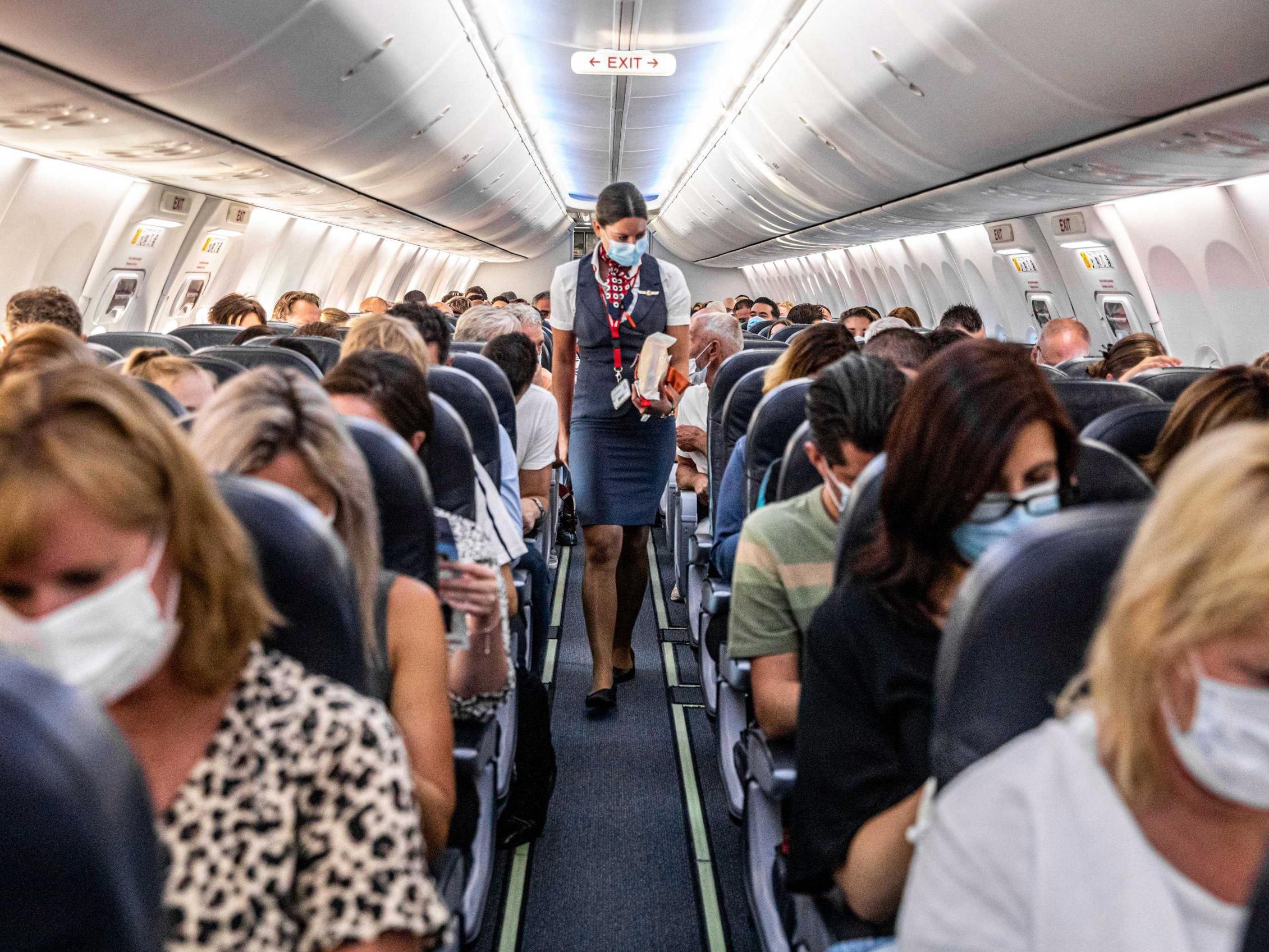This U-turn on quarantine for travellers does not inspire confidence in Boris Johnson
Editorial: Ministers seem to have veered from a policy that is too restrictive for a minority to one that is not restrictive at all

Boris Johnson’s reputation for unsteadiness is further enhanced by the news that travel restrictions to European countries including Spain, France and Greece are to be reversed on 6 July.
The quarantine plan for international travellers never made much sense. If the intention was to stop all people with coronavirus from entering the country, this was undermined by the many exemptions, particularly for lorry drivers. It seemed to be more of a sop to lockdown-happy public opinion, which takes a cautious view of the disease.
That caution is understandable enough, but the purpose of opinion polling, for a government, is not to tell it what to do but how it should communicate. A fortress-island Britain is a superficially appealing idea, but it would be disastrous for jobs, livelihoods and other, non-Covid, aspects of health and wellbeing.
Mr Johnson needs to explain better the balance of risk, telling the nation bluntly that it is unrealistic to try to eliminate coronavirus altogether, and that therefore the aim of policy is to try to control it at the lowest practical level. For that, 14-day quarantine for all tourist arrivals (including those returning from holidays) is both draconian and ineffective. It would mean, in effect, keeping tourist travel shut down while allowing large numbers of transport workers in and out.
The Independent has argued that a policy of testing arrivals would be better, and we were glad to see this taken up by Nick Thomas-Symonds, the shadow home secretary. Ideally, this country’s testing capacity would be so great that we could test all travellers on departure for the UK and have the results ready for when they arrive. That may be expecting too much, but testing everyone on arrival ought to be possible. Then travellers could either be held at the point of arrival until the test result, or traced afterwards if the contact-tracing system was good enough.
This would not be a totally virus-proof system, because some people test negative in the early stages of infection, but it would be better than a quarantine system that applies to only a small minority of inbound traffic.
What does not inspire confidence is that ministers seem to have veered from a policy that is too restrictive for a minority to one that is not restrictive at all, with the U-turn dressed up as a spurious “traffic light” system for rating destinations. This seems spurious not just because amber and green both seem to mean “go” – a criticism foreigners often make of our actual traffic lights – but because it seems to be based on nothing more than it being too difficult to impose restrictions on countries where the prevalence of coronavirus is low.
Matt Hancock, the health secretary, deserves to be congratulated for increasing the capacity of the testing system so dramatically in the past two months, even if he spoiled his achievement by double counting. But the urgency of the need to increase testing further has not diminished, and ministers need to make their U-turn on quarantine more credible by undertaking to test all arrivals.
Join our commenting forum
Join thought-provoking conversations, follow other Independent readers and see their replies
Comments